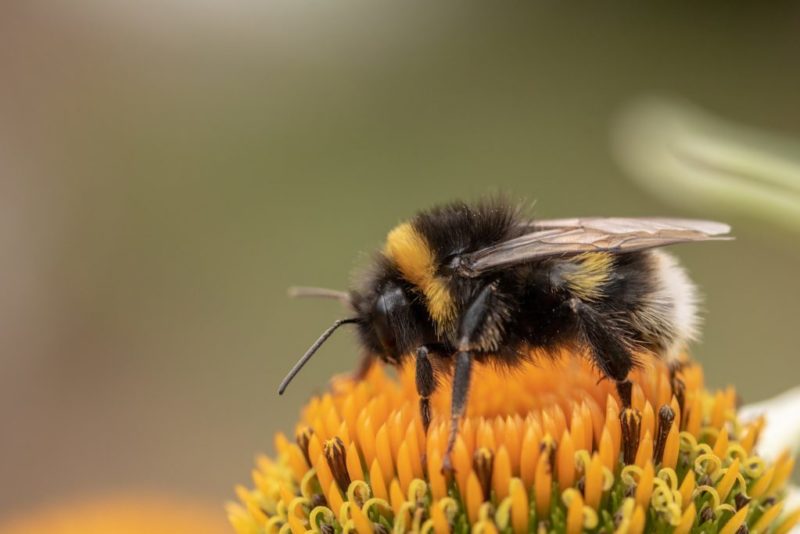Yasmin Qureshi Labour Member of Parliament for Bolton South East

As you may have seen, the Government recently decided to permit the use of thiamethoxam, a neonicotinoid, for emergency use by sugar beet farmers.
Whilst part of the EU, the UK had to abide by the EU’s ban on neonicotinoids. This ban was introduced Europe-wide in order to protect bees from these pesticides which, if used, could cause a severe decline in Britain’s bee population and push many species of bee into extinction.
We need bees to pollinate a large number of crops, including those that yield apples coffee cocoa, lemons, cotton, and many other useful things. Without bees, we would have to rely on alternative, more expensive, forms of pollination, which would result in an increase of the price of food and to other essential items, and even increased scarcity of certain products.
For years I have written to Ministers to urge them not to allow the use of neonicotinoids in the UK post-Brexit, and to dismiss the potential short-term economic gain for some farmers, in favour of protecting vitally important pollinators, and, in doing so, the long-term economic and environmental interests of farmers and the country as a whole.
Although it is only one neonicotinoid and it is for emergency use only, I am concerned that this is the Government opening the door for more extensive use of neonicotinoids in the future. This is certainly possible now that they have broken their promises not to use them at all after we leave the EU and to lead the world in environmental standards.
My Opposition colleague, Rachael Maskell MP, asked the Government about the scientific evidence behind the use of thiamethoxam and received an answer from Victoria Prentis, the Parliamentary Under Secretary of State at the Department for Environment, Food & Rural Affairs:
“The Government considered the potential risks to the environment posed by the use of the product Cruiser SB on the basis of expert scientific assessment, and in accordance with the requirements for the grant of an emergency authorisation set out in Regulation (EC) 1107/2009. The Government concluded that, when mitigated by the strict conditions attached to the emergency authorisation, these risks were acceptably low in the circumstances and outweighed by the benefits of use. The Government remains committed to tight controls on neonicotinoids and has no intention of lifting the restrictions that were put in place in 2018.
“Each application for emergency authorisation is considered on its own merits and particular facts. The application made for use this year contained new scientific information relevant to the assessment of environmental risks and made some different proposals for conditions of use, including a reduced application rate and a longer period between sowing the treated sugar beet seed and planting any flowering crop.”
Even though the Government has now broken its promise not to use neonicotinoids, I can assure you that my Opposition colleagues and I will continue to press the Government not to use them and to oppose any expansion of their use.
I believe that this effort should include asking the Government to support farmers by giving them assistance to adopt non-chemical alternatives to neonicotinoids. I have therefore submitted the following written question:
“To ask the Secretary of State for Environment, Food and Rural Affairs what plans his Department has to support the use of non-chemical alternatives to neonicotinoids”
We rely on pollinators like bees for so many things, it is in our best interest to protect them and the environment that they live in.
